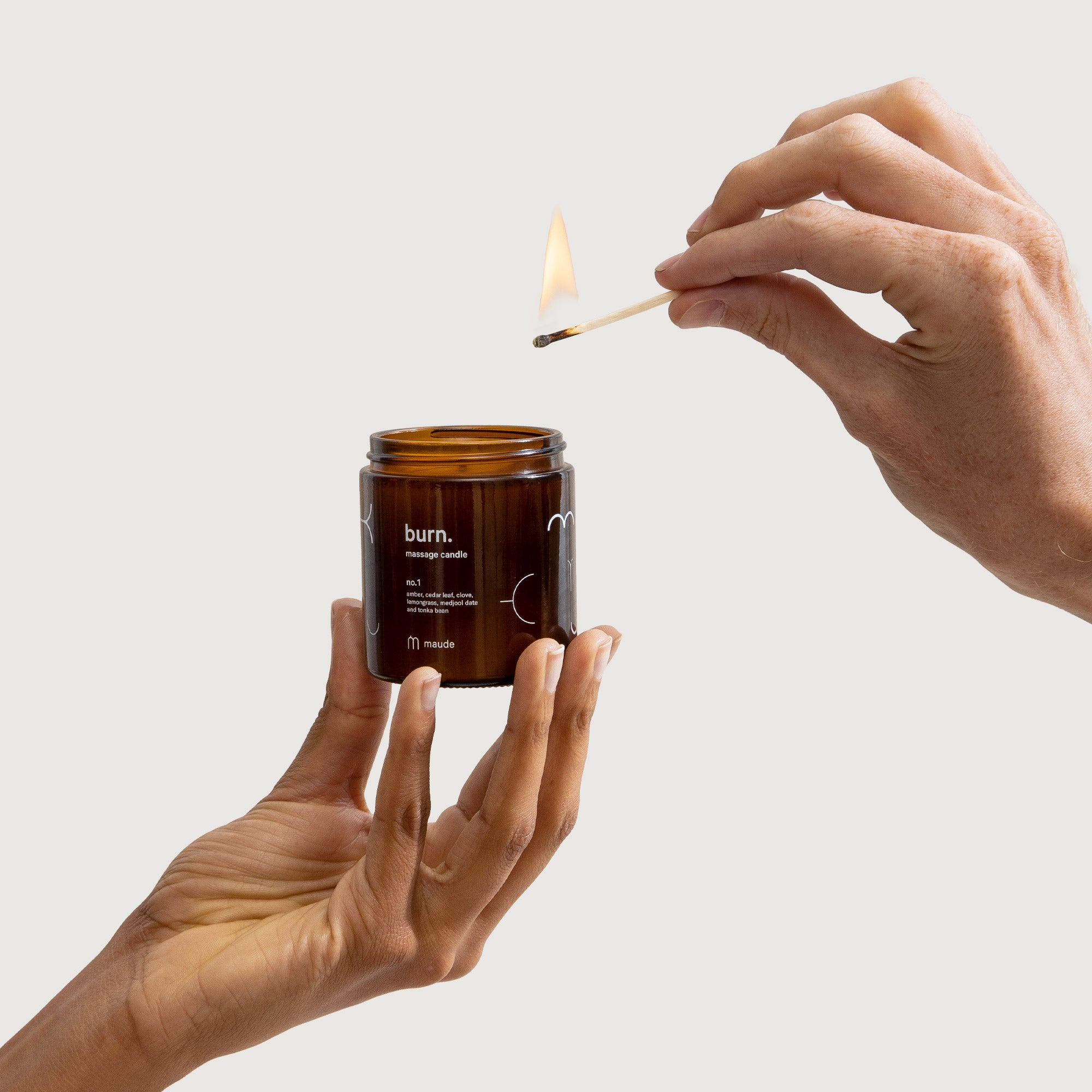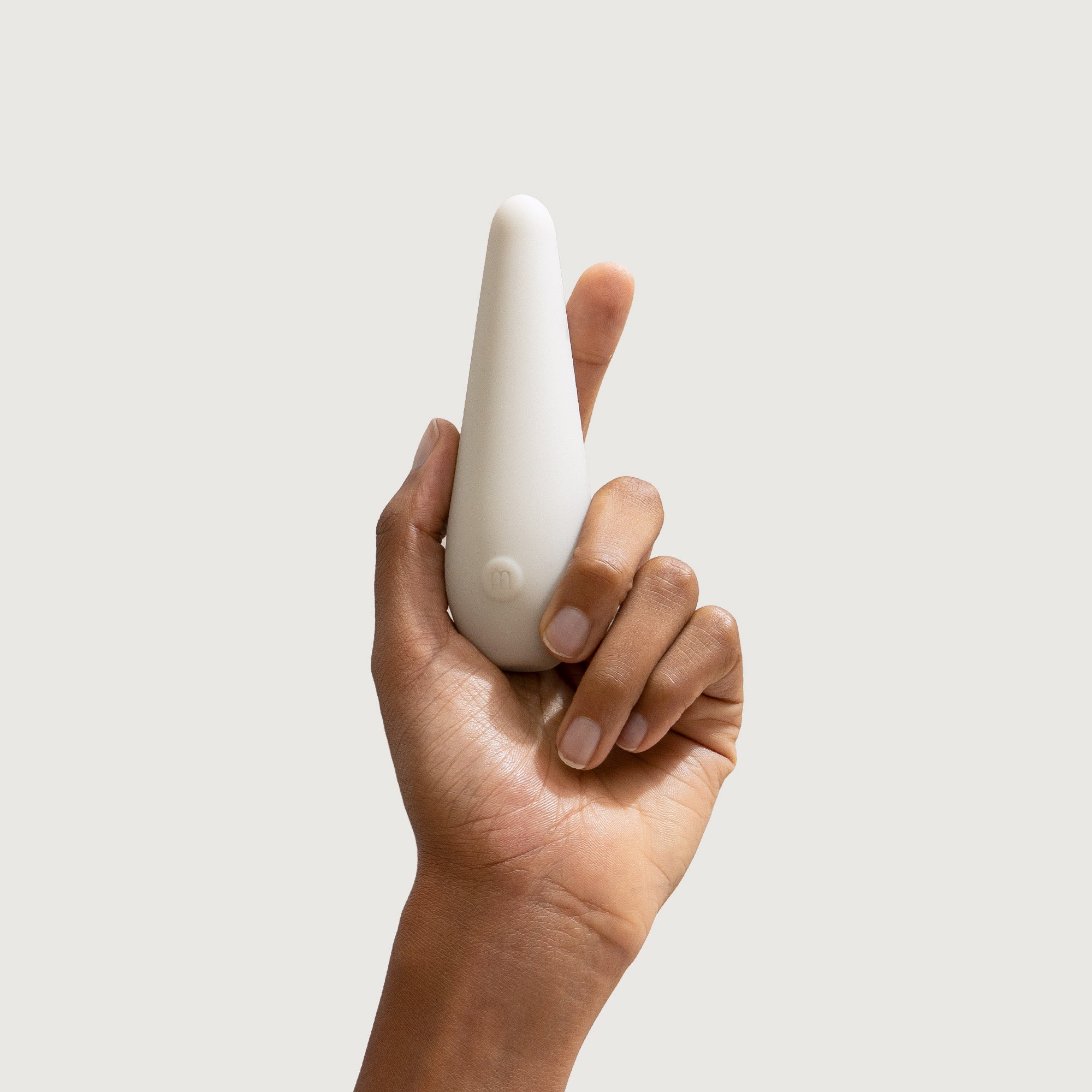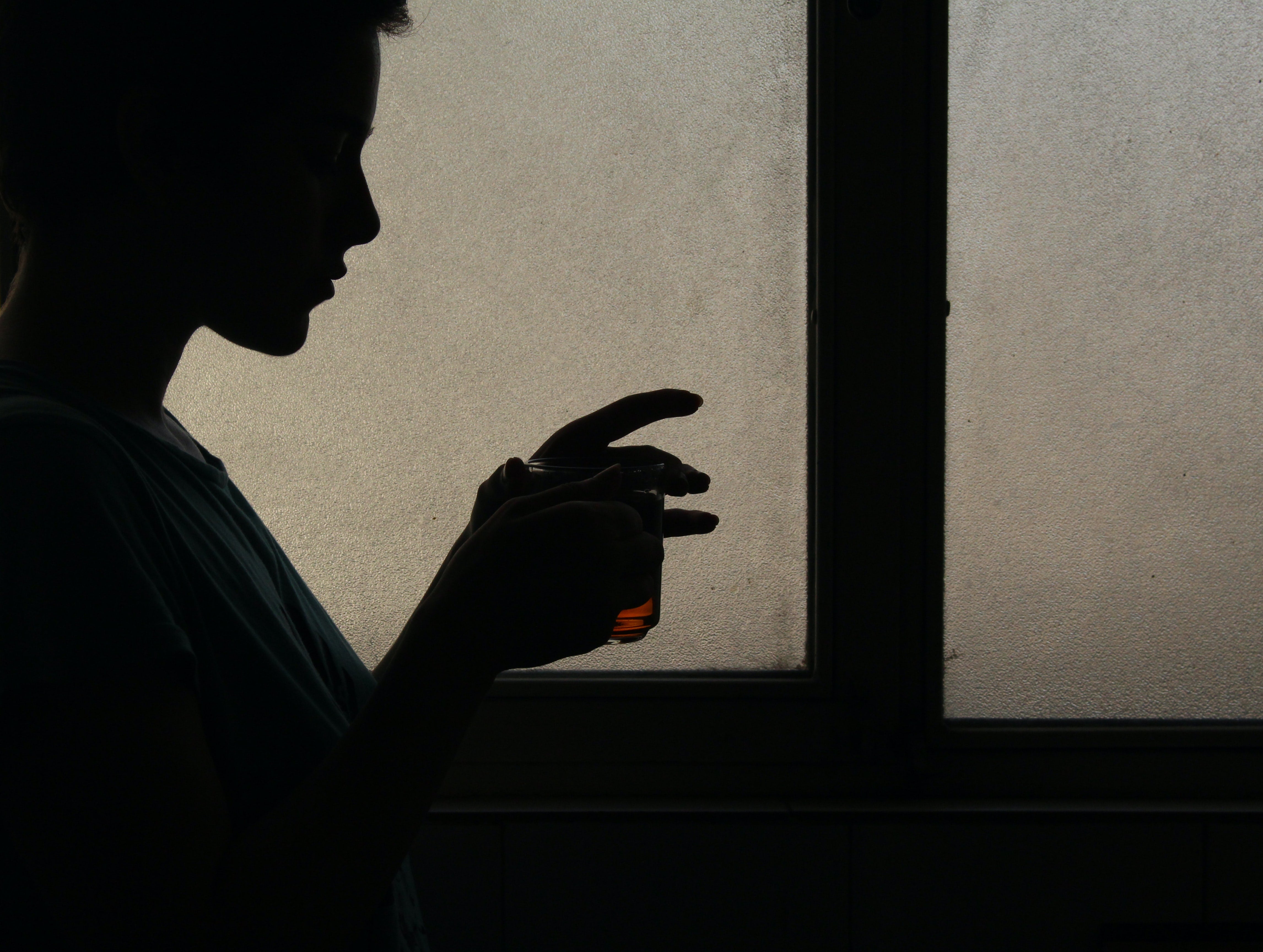How To Maintain Intimacy With Your Partner.

What to do when sparks fade.
Like with most timeless goods––think: old jewelry and tinned sardines––relationships will often lose their rabid, sexual luster. It’s not that longer term intimacy between partners expires, exactly, but rather, that it grows less potent. It rusts, if you will. And unfortunately, this is normal––expected, even. But fear not: It need not be a death sentence for your sex life.
It’s not uncommon to equate the aforementioned dwindling of attraction to the aging body––when we’re spoon-fed hyper sexualized images of the very young and the very naked, it can be difficult to reconcile lust with the ways our bodies age naturally. But the root of dwindling attraction, as most psychologists will tell you, has little to do with age. Rather, it’s about the nature of your relationship, itself. Naturally, aging occurs in tandem with the unfurling of a relationship (we’ve yet to determine how, exactly, to reverse the passage of time) but for older couples, renewing the spice factor in the bedroom is no different than it might be for, say, a couple in their 30s, blinking their way out of the honeymoon phase.
For some psychologists, this has to do with a merging of identities. For couples who have shared homes, families, and lifestyles for decades, it’s somewhat inevitable that separate identities (the “I”) blend into one (the “we”). Maintaining some form of separateness, though, if often what “stokes the flames.” Think about it: At your peak attraction to one another, you were deeply distinct beings, most enticing to one another for your autonomy and all the ways in which you differed or represented something foreign. In these scenarios, to re-liven that allure, it’s recommended that you and your partner make an effort to create some distance –– build in time for separate hobbies and circles of friends in the interest of keeping your identities separate, and thus making your time together feel more, well, special.
In that same vein, if we are to consult the great, storied Esther Perel on the matter, much of her work hints at the notion that some form of mystery or unpredictability is essential to attraction. While on the one hand, long term partnership checks some essential boxes (safety, security, familiarity), on the other hand, sexual desire is often the result of the opposite. So, in the interest of re-igniting desire, what you need, often, is a way of undercutting that routine stability. Surprise your partner––whether with an outing, an outfit, or a decidedly spicy night in. Those elements of serendipity, famously, will spark newfound attraction. We are, it would seem, hard-wired to crave novelty. Run with that.
Moreover, it’s highly possible that, in the context of a long term relationship, there are resentments beyond the practicalities of aging that are wedging themselves between you. Plenty of couples therapists exploring the nature of dwindling attraction among couples will encourage partners to take some time to consider any longer term resentments that might make something like surface level sexual desire more difficult to achieve. Naturally, these are not easy dilemmas to solve, but certainly, confronting them will put you on the right track towards re-establishing a “spark.”
In any case, while your sex drive, itself, may fade with age––for any number of hormonal or physical reasons––it’s important to acknowledge that a shrinking libido may have more to do with your physical state than it does with your attraction to your partner. Which is to say, if you and your person have checked all the above boxes to no avail, perhaps you should consider the independent, unrelated personal or medical reasons you could be experiencing a loss of desire. Reportedly, sex gets better with age. So emerging into a new chapter of life with your partner should bring you to higher climaxes. And you’re well-advised to live in pursuit of that notion.






